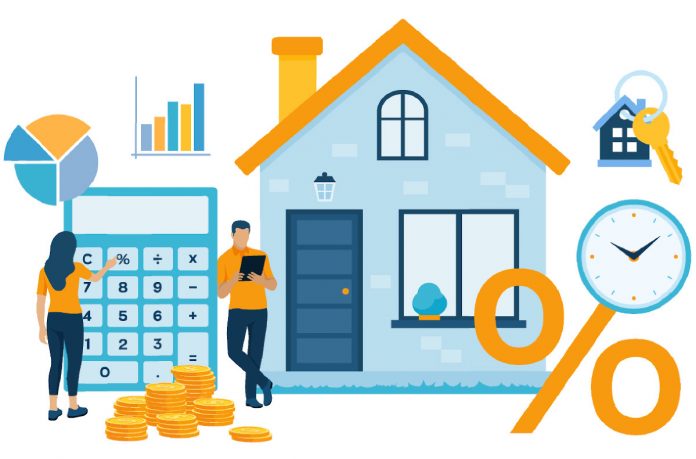
The Biden administration and the Centers for Disease Control and Prevention again extended a moratorium on housing evictions through the end of June 2021 just days before the prior moratorium was set to expire on March 31. As housing advocates continue to convince the U.S. and individual state governments to extend the moratorium through the pandemic, more than 10 million Americans are behind on rent or mortgage payments, and more than five million say they are at risk of eviction or foreclosure, according to a recent Census Bureau survey.
But one of the most underreported fallouts from seemingly interminable government COVID rent moratoriums and rental assistance programs, is the impact that more than a year of “bad” rental debt is going to have down the road for both landlords AND tenants.
As a reminder, rent moratoriums do not erase the contractual obligation of people to pay their rent. Neither does it erase the obligation landlords have to pay their mortgages.
There is no magical black hole for the debt that has accumulated during this period of government-sanctioned rent suspension. To be frank, it’s going to affect all of us, landlords and property owners as well as renters and taxpayers.
— Attorney Matthew I. Paletz
My biggest question has been this from the beginning: if the government continues to send out checks for rental assistance, why do we continue to need a moratorium? Eviction, as every landlord and property owner knows, is a natural part of a tenancy contract and if they cannot legally hold their tenants to these contracts, there is no real incentive for renters to negotiate payment if they can live there perpetually for free.
This is not unlike the recession of a dozen years ago, when homeowners who could not pay their mortgages, sat in their dwellings for sometimes years, rent-free, before the banks finally foreclosed on them. The banks did not want the home inventory then and I can guarantee they do not want it now if these moratoriums cause property owners eventually to walk away.
What Happens When the Moratoriums End?
You don’t have to look very far into the future to fully understand the long-term implications of these state and federal government rent moratoriums.
Eventually, those who can’t pay their current or back rent are going to find themselves harnessed with a form of renter double-jeopardy when they are evicted and looking for another place to live. Specifically, not only are landlords going to be forced to raise rents to make up for COVID-related shortfalls, pricing many renters out of the market, but they’re also going to tighten the process of financial pre-approvals, a bar many renters will not be able to meet.
Of course, government “solutions” like rent abatement and assistance programs are almost always short-term, knee-jerk fixes to much bigger problems. In this case, these programs are going to adversely affect, on a continuing basis, the people they were meant to help.
As another example of the federal government run amock is the incredulous situation that the CDC, is writing housing policy, a matter that as of press time remained under federal review. Even now, its authority is being struck down in federal courts in Texas, Ohio, and Tennessee. These moratoriums and subsequent accumulated debt will affect a renter’s credit rating, their reputation and financial status for years and years. So landlords, even when they do legally get their properties back, may have a lot of hesitation in renting to an applicant with more than a year of bad debt. The result is going to be that an awful lot of people needing a place to live will have very few options due to the government’s short-sighted policies. And no one can blame the landlords for not taking on any tenant who looks like a potential payment risk after all they’ve been through in the last year.
As a result, this bad rental debt will not only keep families from finding affordable housing in the future, but financially will leave landlords holding the bag if these tenants file bankruptcy. Then, the next logical domino to fall is local municipalities, which are going to find themselves cash-strapped due to a lack of revenue and will in turn undoubtedly raise taxes and add more red tape to their housing oversight, costing everyone additional money in fees and other regulations. Again, a foreseeable consequence that will negatively affect renters.
Anyone who follows these types of government programs could see from a mile away how this overreach, which I find unconstitutional, would disrupt the delicate balance between landlords and tenants. The bottom line is this governmental interference is unsustainable, and the negative effects will be with us all for years to come.
Matthew I. Paletz is the CEO of Paletz Law and he is licensed to practice in Michigan and Ohio. He is a leading national advocate and supporter of legislative efforts on behalf of the real estate industry with his practice emphasis dedicated to landlord-tenant law, nationwide fair housing defense of property owners, and protecting the rights of creditors in bankruptcy. Paletz Law is on the cutting edge of technology and offers PaletzTrack, an online software platform and mobile app. You can find them at www.PaletzLaw.com










